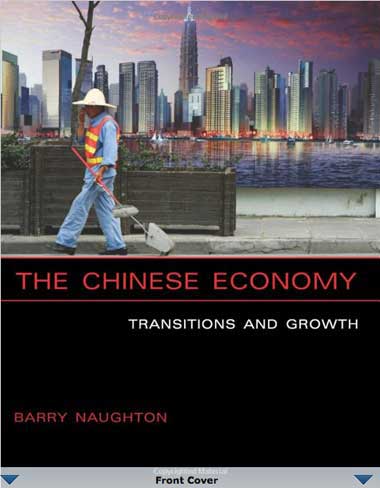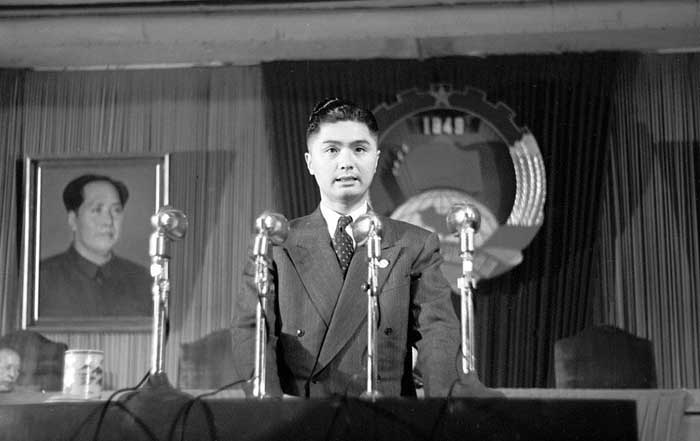If you are looking for an authoritative but generally easily digestible book focusing on the Chinese economy, then a recommended read is Barry J Naughton's ‘The Chinese Economy: Transitions and Growth'. This provides an overarching study of the contemporary Chinese economy by someone who is an expert on the subject. Naughton offers considerable coverage, providing an engaging look into the way that this superpower's economy has evolved since 1949. Rather than simply reiterating facts which can be gleaned elsewhere, the author offers genuinely original insights based on strong research.
This book is to be recommended as an essential purchase for anyone with more than just a passing interest in the economy of China and the way it has developed from a mostly rural and agrarian structure into one of the world's largest and most technologically innovative. It would be suitable for students, scholars, academics and policymakers, but especially anyone in the business community. There are background chapters on China's pre-1949 economy, focusing on industrialisation, reform and the many complicated sociological factors that have been influencing the development of this market ever since.
The growth of international trade and foreign investment is given particular attention, as is the introduction of macro-economic cycles within the economy. Naughton's study also analyses that way the Chinese economy has developed in tandem with global trends. The book places China's ever-evolving economic status and market strength in the context of the growth of other advanced industrial countries, such as Japan and United States of America. It demonstrates how China's relationship with Western nations, historically categorise by mistrust on both sites, has evolved into something altogether more dynamic.
It is a complex subject matter, but one that has been changing for some time and continues to change as Chinese markets adapt to the myriad challenges of the 21st century. As this colourful nation becomes an increasingly key player in the global stage, interest in this subject will grow exponentially. This excellent study deserves to be regarded as one of the authoritative books on the topic, and will help to develop understanding of the many complex strands that weave together to form the the economy of the world's next superpower.
‘The Chinese Economy: Transitions and Growth', published by MIT Press, 2007. ISBN 0262140950, 9780262140959. 528 pages.
The author, Barry Naughton, is Professor of Chinese Economy and Sokwanlok Chair of Chinese International Affairs at the University of California, San Diego.




